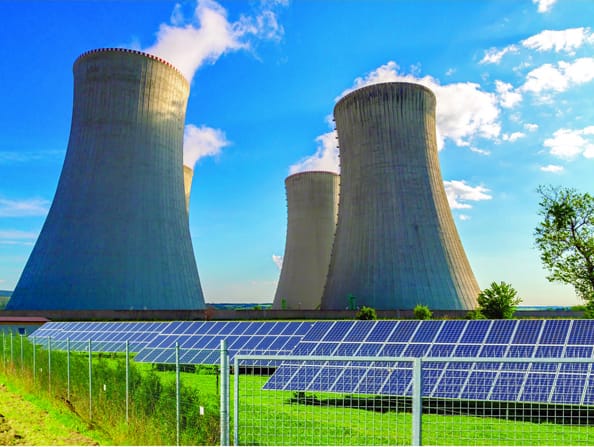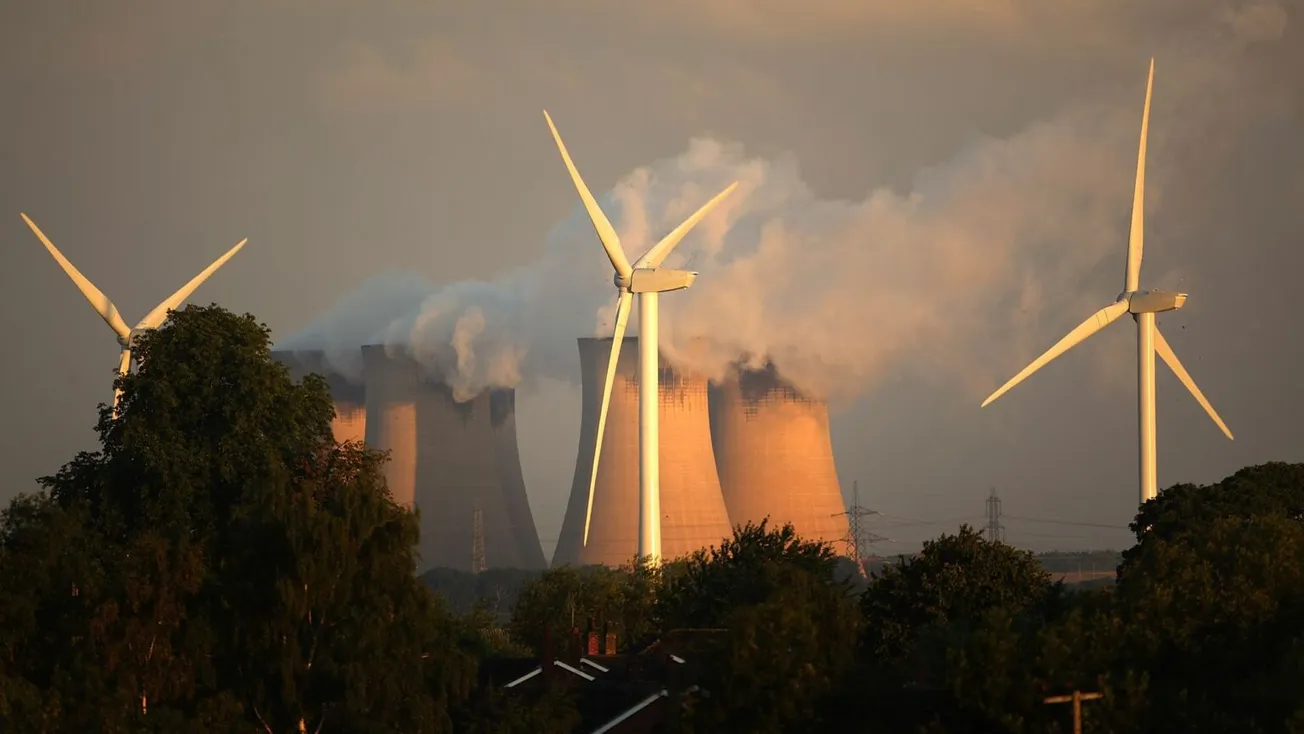Table of Contents
Ronald Stein
Ron Stein is an engineer, senior policy advisor on energy literacy for CFACT, and co-author of the Pulitzer Prize nominated book Clean Energy Exploitations.
In answer to the provocative question posed in an article of Issues and Insights, “Are We Finally Heading Toward ESG Sanity?”, Sweden and Shell Oil have recently initiated actions they deem beneficial for the health and well-being of the world’s eight billion residents.

The few wealthy countries transitioning to occasional electricity generation from breezes and sunshine has proven to be ultra-expensive for Germany, Australia, Great Britain, New Zealand, all of the EU, and the USA. Those few wealthy countries represent about one billion of the world’s population.
That leaves over seven billion people living in nations that could not care less about emissions, including all nations with high birth rates and all nations that have a large percentage of people without reliable electricity.
The ruling class in wealthy countries is not cognizant that the planet populated from one to eight billion, over the last 200 years. During that time, we learned through human ingenuity that crude oil is virtually useless, unless it’s manufactured (refineries) into oil derivatives that are the basis of more than 6,000 products in our daily lives that did not exist before the 1900s, and the fuels to move the heavy-weight and long-range needs of more than 50,000 aircraft moving people and products, and more than 50,000 merchant ships for global trade flows, and the military and space programs.
Of the three fossil fuels:
- Coal is used for coal-fired power plants, and in furnaces to make steel.
- Natural gas is used for natural gas power plants, and for making fertilizers to help feed the world.
- Crude oil is a fossil fuel that is useless until it can be manufactured at refineries into usable oil derivatives that make most of the products in the world, and the fuels for the various transportation infrastructures, militaries, and space programs.
Recognizing that ridding the world of oil, without a replacement in mind, would be immoral and evil, as extreme shortages of the products now manufactured from fossil fuels will result in billions of fatalities from diseases, malnutrition, and weather-related deaths, and could be the greatest threat to the world’s eight billion population.
Recently, Sweden stirred the global climate conversation by overturning its green electricity targets and shifting its focus back to nuclear power. Finance Minister Elisabeth Svantesson cited the need for a more “stable electrical supply system”, pointing out the inherent instability in wind and solar electricity generating sources.
Like Sweden, Shell is doubling down, away from wind turbines and solar panels, and into fossil fuels. Shell said it would expand its booming liquified natural gas business while focusing other investments on “low carbon” technologies, including biofuels, hydrogen, electric vehicle charging and carbon capture and storage.
At the recent Indy 500 race, Shell was proud to power INDYCARS with 100 per cent renewable fuel. With the debut of the new fuel developed by Shell, the NTT INDYCAR SERIES became the first United States-based motorsports series to power racing with 100 per cent renewable race fuel that enables at least 60 per cent greenhouse gas emissions reduction compared to fossil-based gasoline. Working together with INDYCAR engine suppliers Chevrolet and Honda, the Shell 100 per cent Renewable Race Fuel can meet the demands of a race weekend without any changes in performance.
Despite the urgency propelled by the World Economic Forum (WEF), the United Nations, the World Health Organization (WHO), the Paris Climate Agreement, the World Bank and the Biden administration, both Sweden’s Parliament and Shell are demonstrating that stability and efficiency must come before ideology.
Today, there is an extremely dangerous precedent being set by bank boardroom decisions that can set energy policies with their Environmental, Social, and Governance (ESG) scorecard system before investing in energy infrastructure. Those boardroom decisions are allowing the investment community to collude to reshape economies and lifestyles so that they are in line with the social and political cause preferences of banks and other financial institutions.
Unstable and inefficient technologies, particularly wind and solar power, have been endorsed and implemented with the noble goal of achieving, using exotic minerals and metals, one hundred per cent renewable electricity from intermittent breezes and sunshine.
The sourcing of raw materials is an important consideration for renewable alternative electricity companies. Due to the limited worldwide supply of critical components used in many renewable goods and processes, such as rare earth minerals and those used in electrical components, mineral resources disclosures around this topic can create transparency in supply chain management by covering the management of risks associated with the use of critical materials, and more specifically, the environmental risks associated with their supply chain. Furthermore, human rights considerations around the production of sourced materials can be identified for disclosure. Such factors can cover materials sourced from workforces where forced labor or unsafe or harsh working conditions are employed.
The 2022 Pulitzer Prize-nominated book Clean Energy Exploitations provides transparency to the environmental degradation and humanity atrocities occurring in developing countries mining for those exotic minerals and metals to support the “green” movement. Subsidies to purchase EVs are financial incentives encouraging further exploitation of yellow, brown, and black skin residents in developing countries.
An easy observation in our society is that everything that needs electricity, starting with the basic light bulb, is made with oil derivatives manufactured from crude oil, including all electronics, all medical supplies, and all communications.
Ridding the world of oil, without a replacement in mind, is immoral and evil, as extreme shortages will result in billions of fatalities from diseases, malnutrition, and weather-related deaths.
In economic terms, the wealthier countries’ climate hysteria is imposing severe negative externalities on developing countries. Ethically, the West’s climate obsession is immorally condemning present generations of impoverished peoples and nations to continued perjury and early deaths in the years ahead. Make no mistake, and this ruse exists to enrich people in developed countries further while they simultaneously exploit those in developing countries.
Congratulations to Sweden and Shell for doing what’s best for the health and well-being of the world’s eight billion residents.
Read more excellent articles at CFACT http://www.cfact.org/
Reprinted from PA Pundits – International.








